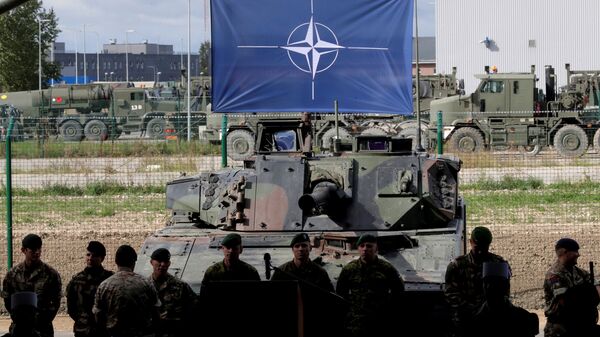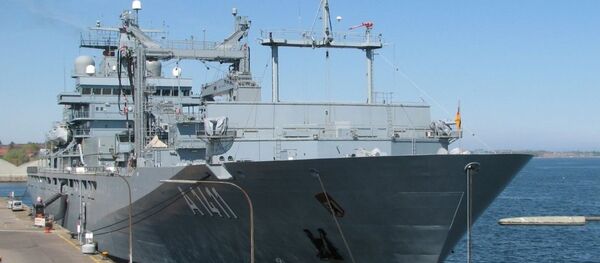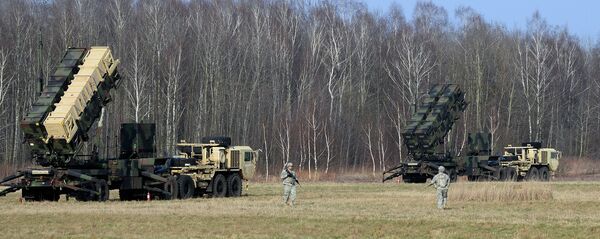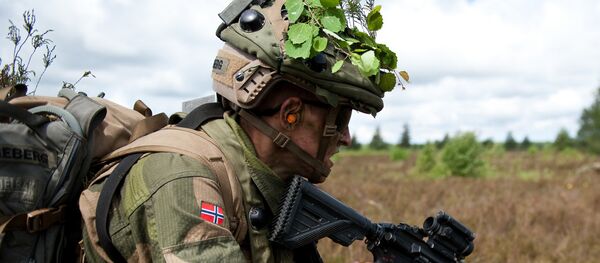On Tuesday, NATO Secretary-General Jens Stoltenberg said that only 15 of the 29 members would hit the spending target. "What we have seen so far is a good start, but we still have a long way to go," Stoltenberg said during a news conference ahead of a meeting of NATO's member states' defense ministers.
Under US President Donald Trump, Washington has repeatedly chastised NATO allies who haven't been committing at least 2 percent of their GDP to defense, an encouraged-but-optional pledge of member states.
In 2014, NATO agreed that all states would meet the spending target in the next decade. At the time, only the US — which single handedly accounts for more than half of NATO's military spending — the UK and Greece met that goal.
By 2016, they were joined by Estonia and Poland and by 2018 Latvia, Lithuania and Romania will also meet the objective. Iceland, which does not maintain a military but for decades permitted a large, key NATO air base to exist at Keflavik, is considered exempt from the recommendation.
The White House and the Pentagon have made their position clear: if their allies in NATO do not increase their defense commitments, the US will distance itself. "America will meet its responsibilities, but if your nations do not want to see America moderate its commitment to this alliance, each of your capitals needs to show support for our common defense," said Defense Secretary James Mattis in his first visit to NATO headquarters in February 2017.
Stoltenberg announced that non-US NATO members have increased their defense spending to the tune of $46 billion since 2015, with much of that money going to "major equipment." Stoltenberg argued that this would engender a disproportionately large improvement in NATO combat readiness, although he stressed the importance of meeting the 2 percent goal.
"We have to deliver," he said.
The issue of costs has proven schismatic between the US and its NATO allies, 22 of which are also members of the European Union. The EU agreed in December to strengthen defense ties between its members, an agreement of which US leaders are wary.
The Deputy Assistant Secretary of Defense for International Security Affairs, Katie Wheelbarger, said that the cooperation was welcome "as long as it's complementary to, and not distracting from, NATO's activities and requirements."
"Military mobility, if implemented right, would work both for Europe and NATO," she said. "But if we don't have full transparency, if we don't make sure that the requirements, whether it be for infrastructure or legal changes within and between countries, aren't based on NATO requirements, then we're working at cross purposes."
Stoltenberg also backed Mattis' call to create a NATO training and advisement mission in Iraq to strengthen security forces now that the three-year-long war with Daesh has wrapped up.
"We have to win the peace," Stoltenberg said. "It is extremely important to stabilize the country after the combat operations have ended."







